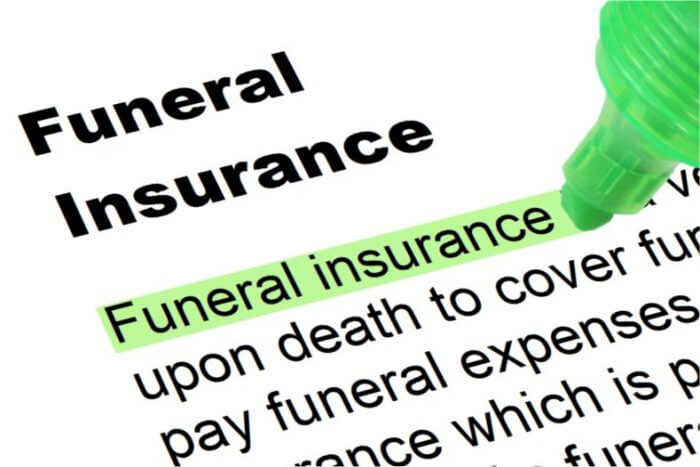Living to 100 May be More Realistic than You Think
Living to 100 has always been considered unrealistic by most, especially those who find it difficult being a senior. But the facts indicate that becoming a centenarian is more realistic than you think. The 21st century brought the population medical technology that not long ago would have been considered impractical, and as a result, people who may have died from various illnesses and diseases are living to be 100.
Facts revealed in the 2010 Census make the argument even more compelling. The census revealed that there were over 50,000 U.S. citizens who have reached the 100-year milestone. Even though they may be suffering from ailments that all seniors must deal with, about a third of them still live at home, and one in four are considered cognitively intact.
If living to 100 is your goal, you can get there by living a lifestyle that is conducive to above average health.
- Diet is crucial. The foods you ingest have a remarkable effect on your health. Turning away from fatty fried foods and filling your diet with nutritious foods like fish, vegetables, fruits, and nuts is a game changer for maintaining a healthy lifestyle.
- Exercise to maintain physical and mental fitness. Our bodies were not designed to be sedentary. Regular exercise helps burn the calories needed to remain fit and also mentally sharp. Remember, Jack LaLanne was 96 years-old when he died as a result of pneumonia.
- Reduce stress whenever and wherever possible. It’s no secret that most Americans put their job before their health. Loving your job and having hobbies outside of it will go a long way to reducing stress and provide a sense of accomplishment. If you don’t love what you do, make a plan to do what you love.
- Eat out less. People that cook and eat at home do much better health-wise than those who frequently eat out. When you cook it, you know for sure what’s in it.
- Have a loving partner. Yes, there’s proof. A study published by Duke University revealed that married couples tend to live longer than single people.
- Don’t forget about your teeth. Brushing and flossing at least twice a day makes for healthier teeth and reduces the risk of heart disease, stroke, and dementia.
Financial Preparation
When you think about living to 100 or any other age past 80, you’ll need to do some financial planning to make sure you can support yourself and not become a financial burden to others. For most people, social security will not provide enough  financially to live life comfortably after retirement. Knowing this, it is incumbent on everyone to plan for the years when you can no longer earn a living. Starting early in life to save money for retirement makes it much easier to reach your retirement goals rather than starting late.
financially to live life comfortably after retirement. Knowing this, it is incumbent on everyone to plan for the years when you can no longer earn a living. Starting early in life to save money for retirement makes it much easier to reach your retirement goals rather than starting late.
You can implement your retirement plan on your own, or you can hire a financial planner who is professionally trained to devise a plan to meet your needs and help you get there during your lifetime. Professional retirement planning has become a very competitive industry which can benefit workers looking to save on management fees. Take the time to research licensed financial planners in your area that have a proven track record and are getting great reviews from their clients.
Preparing to Leave
Just as your prepare financially to get to age 100, you’ll need to prepare for the expenses that are involved when you leave. Dying is the one sure thing we have to deal with, and planning for the associated expenses should be done sooner rather than  later. After all, life insurance gets more expensive every year you put off getting your policy in place.
later. After all, life insurance gets more expensive every year you put off getting your policy in place.
For those who want to make certain it will be there when your loved ones need it, consider having Whole Life insurance since it will never expire and the monthly rate never changes. Term insurance is great for covering your debts when you’re younger, but most people are likely to outlive their policy and not be able to replace it in their later years.
An even better scenario would be to have a term policy to cover accumulated debts and income replacement, and then a separate Final Expense or Burial Insurance policy to make certain that the costs related to funeral and burial expenses are not passed on to your loved ones. A moderately priced funeral can cost about $10,000, so you certainly don’t want to pass that expense on to surviving family members and friends.
It’s Never Too Late
If you’re like a lot of others, you may have put off getting life insurance until your later years. The good news is, it’s never too ![]() late to take care of funeral and burial expenses by transferring the costs to an insurance company with a Final Expense Insurance policy. Most insurers will offer coverage up to age 80 while some will go as high as age 85. If your health is failing, you can buy a “guaranteed issue” policy that provides coverage after a two or three-year waiting period and has no medical questions or medical exam requirements. It’s wonderful to consider living life to 100, but you must prepare during the early years for the challenges that will surely come later.
late to take care of funeral and burial expenses by transferring the costs to an insurance company with a Final Expense Insurance policy. Most insurers will offer coverage up to age 80 while some will go as high as age 85. If your health is failing, you can buy a “guaranteed issue” policy that provides coverage after a two or three-year waiting period and has no medical questions or medical exam requirements. It’s wonderful to consider living life to 100, but you must prepare during the early years for the challenges that will surely come later.